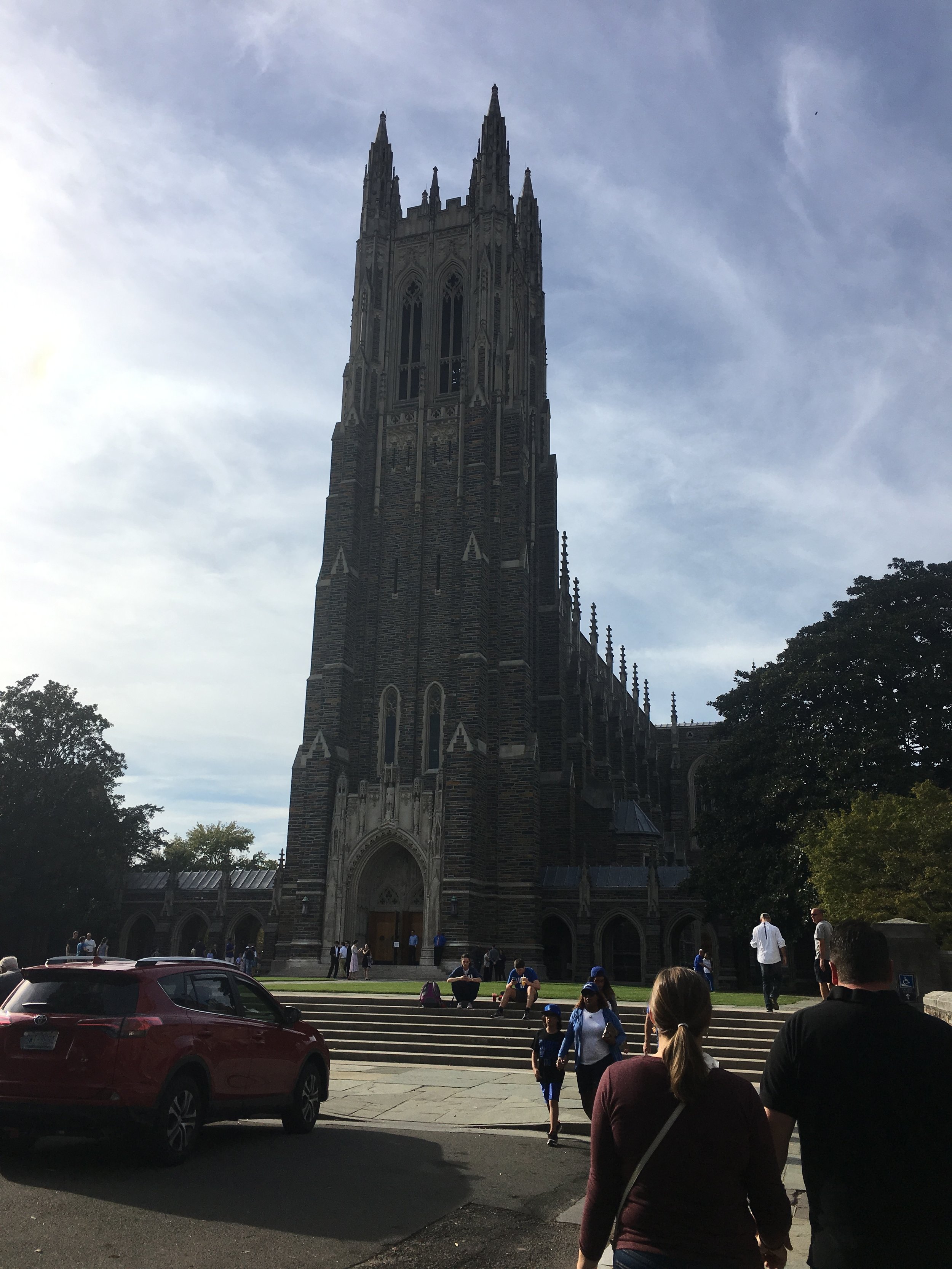The 11th grade of high school is often regarded as the most challenging year. This is because students often significantly increase their number of college-level courses and it is the final year of year-long grades that colleges will be able to see when you apply.
It is easy to get overwhelmed by everything, so I recommend that all juniors do these six things to guarantee success.
#1: Take the SAT or ACT at least once before the end of your junior year. Make sure you have a calendar of all the test dates for your junior and senior year so you can see when you will have time before a test date to prepare. You do not want to be scrambling to take the SAT or the TOEFL for the first time when you should be focused on your 12th grade grades and your college applications.
#2: Build meaningful relationships and connect with your teachers, especially those in your core academic subjects. In high school, as in life, it's extremely important to have mentors and role models you can go to seek advice from. In this case, these teachers will be the ones to write your recommendation letters for college (pretty important!). You should also ask them if they are willing to write you a recommendation letter before you leave for summer vacation. That way, they have plenty of warning, you are "at the front of the line," and it's possible that they may be inclined to write the letter with more time and thought over the summer holiday. I'll do a different post on how to choose recommenders in the future.
#3 (For some): Take some or all of the SAT subject tests by the end of junior year *if* you are planning to apply to the most selective universities in the US. Not all universities require subject tests, but for those that do, you will need adequate preparation, and it is often best to take those tests at the end of the school year (June test date) that you are completing that class when the material is fresh in your mind.
#4: Finish your junior year with really strong grades. Every year of your high school grades will count when admissions officers review your transcript, but your junior year should have a rigorous course load with a strong GPA that represents your capabilities across all subjects.
#5: Plan a productive and fulfilling summer that will build on your strengths, skills, and experiences. You should not spend the entire summer studying for the SAT! Consider different options like working on college applications, essays, getting a job, an internship, travel, community service, pursuing a hobby you would like to do in college, visiting college campuses, and yes, some test prep.
#6: Try to balance between stretching and challenging yourself and knowing your own limits. Don't take on more than you can handle. For college admissions, it's not how many different activities you do, but showing clear and focused passion and commitment. Junior year is a time when you should practice prioritizing and focusing on what you need to do to succeed.
Preparing for college applications is a marathon and not a sprint, make sure to do things that are fulfilling and aligns with your long-term goals, your hard work will pay off!
















